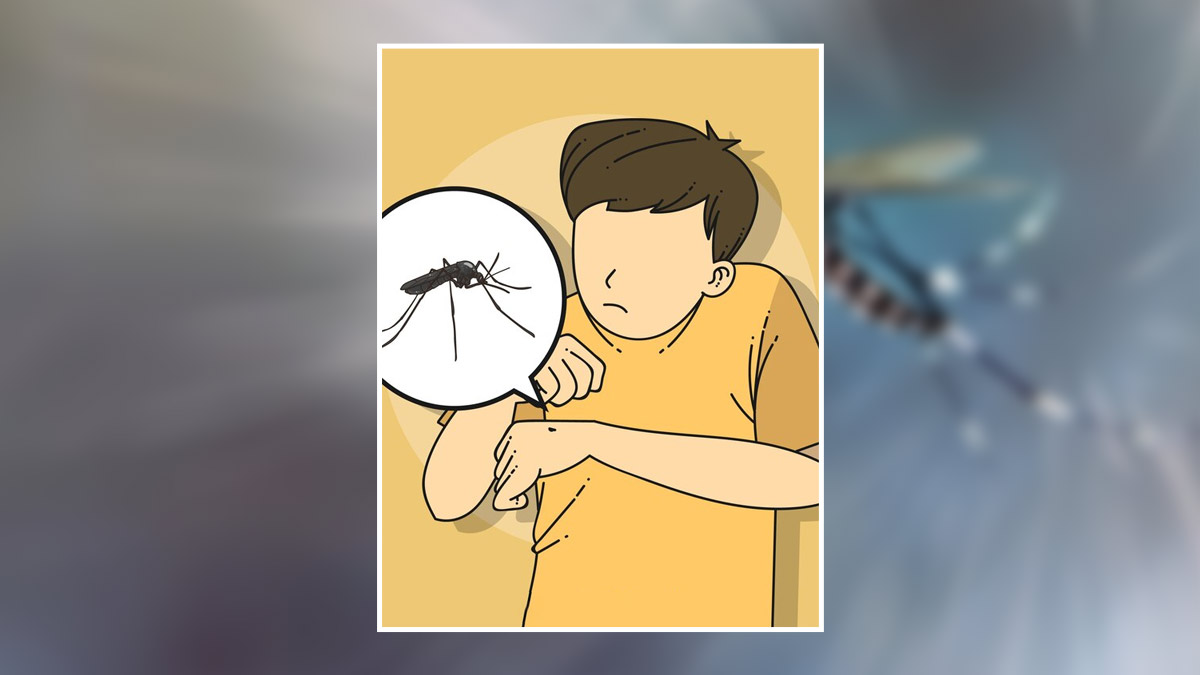
Dengue is a viral infection spread by the dengue virus, primarily through Aedes aegypti mosquitoes. Common symptoms include high fever, severe headache, pain behind the eyes, joint and muscle pain, rash, and mild bleeding. The risk of dengue significantly increases during the monsoon season due to the abundance of stagnant water, providing ideal breeding grounds for mosquitoes. However, this increased risk can be reduced with preventive measures.
We consulted Dr Sudip Kumar, a general physician from Dr Ram Manohar Lohia Hospital, who shared essential preventive strategies to protect ourselves from dengue this monsoon season.
Mosquito repellents are highly effective in preventing bites and reducing the risk of dengue. Apply them to exposed skin and clothing, and be sure to follow the product's instructions for reapplication, especially after sweating or swimming. For extra protection, use indoor repellents such as mosquito coils or electric vapour mats.

Dr Sudip Kumar advises that maintaining cleanliness around the home is essential. Proper garbage disposal, keeping drains unclogged, and trimming tall grass and bushes can help minimise mosquito breeding sites. Using mosquito traps or bug zappers can also effectively reduce the mosquito population.
However, it is crucial to follow safety guidelines when using insecticides and fogging to prevent health risks. Additionally, installing screens and nets on windows and doors can help keep mosquitoes out of the house.
Don't Miss: National Dengue Day 2024: Know History, Prevention And Diagnosis Of The Disease
Mosquitoes, particularly those that carry the dengue virus, breed in stagnant water. Regularly check areas around your home for any water accumulation, such as in plant saucers, buckets, and old tires. Empty these containers frequently and ensure that drains are clear. Cover water storage vessels to prevent mosquitoes from laying eggs.
People should drink plenty of fluids during the monsoon season to stay hydrated. Staying well-hydrated helps maintain strength and reduces the risk of contracting monsoon-related illnesses like dengue.

Dressing in protective clothing during peak mosquito activity periods, like dawn and dusk, can help reduce the risk of bites. Opt for light-coloured, long-sleeved shirts, long pants, socks, and shoes to provide extra defence against mosquito bites.
Don't Miss: 5 Essential Vaccines Every Woman Should Get
Regularly changing the water in flower vases, bird baths, and pet bowls at least once a week helps prevent mosquito breeding. Additionally, scrubbing the insides of these containers removes any mosquito eggs or larvae, further reducing the risk of dengue. It is also beneficial to clean and refresh outdoor water features, such as fountains and ponds, and to ensure that gutters are free of debris to prevent water stagnation.
By consistently implementing these preventive measures, you can significantly lower the risk of contracting dengue during the monsoon season. A combined effort from individuals and the community as a whole ensures a thorough approach to stopping the spread of this disease.
Keep reading Herzindagi for more such stories.
Credits: Freepik
Also watch this video
Herzindagi video
Our aim is to provide accurate, safe and expert verified information through our articles and social media handles. The remedies, advice and tips mentioned here are for general information only. Please consult your expert before trying any kind of health, beauty, life hacks or astrology related tips. For any feedback or complaint, contact us at compliant_gro@jagrannewmedia.com.